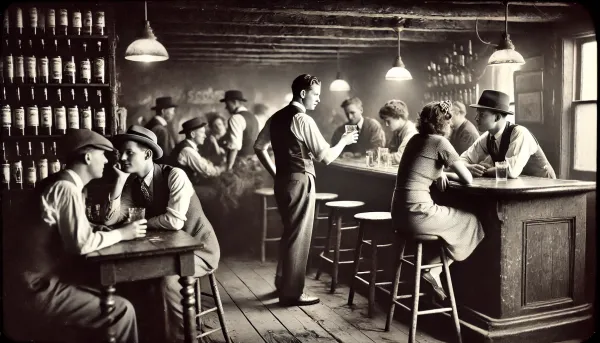
The Smoot-Hawley Tariff and Its Influence on Alcohol Consumption
The Smoot-Hawley Tariff Act of 1930 was a defining piece of legislation during the Great Depression. Designed to protect domestic industries from foreign competition, the policy ultimately worsened economic conditions by provoking global retaliatory tariffs. Among the industries affected, the alcohol sector was particularly impacted—higher tariffs on imported spirits made European and Caribbean liquors prohibitively expensive, reducing their availability and forcing a shift toward domestic and illicit alternatives. This sharp increase in import costs altered the drinking culture in the United States, influencing both legal and underground alcohol production and consumption.
